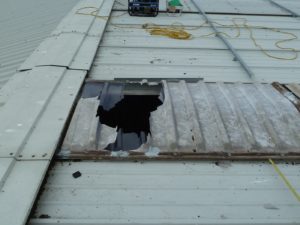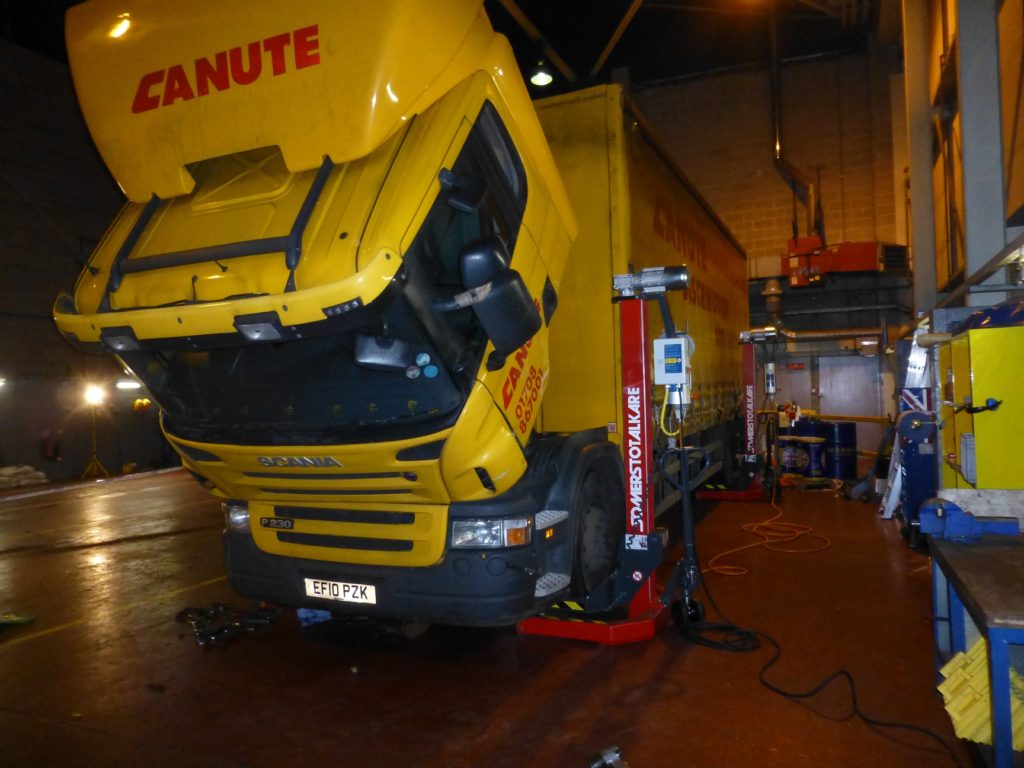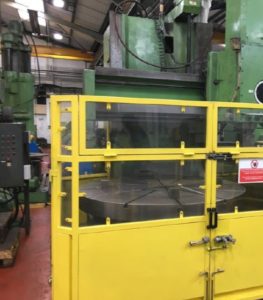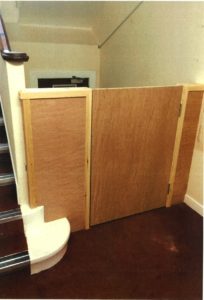- 7th March 2020
- By: David Henderson
- Health and Safety, HSE
A waste management company pleaded guilty to causing a life-changing injury to one of its employees.

Folkestone Magistrates’ Court heard that, on 27 February 2017, an employee of Viridor Waste Management Limited was crushed by a reversing 22.5 tonne shovel loader driven by an on-site contractor at Viridor’s Crayford Materials Recycling Facility site in Crayford. The injured employee was working on foot in the area in his role as banksman, assisting a lorry to manoeuvre into a bay while a shovel loader reversed out of the bay independently, knocking him to the ground and driving over the lower half of his body. He suffered very serious internal injuries and multiple serious fractures, both with significant life-changing effects.
An investigation by the Health and Safety Executive (HSE) found that Viridor Waste Management Limited failed to organise the workplace in such a way that pedestrians and vehicles could circulate in a safe manner. This prosecution is the fourth in 4 years for this company, two of which related to fatal incidents.
Viridor Waste Management Limited of Crayford Creek, Dartford, was found in breach of Regulation 4(1) of the Workplace (Health, Safety and Welfare) Regulations 1992 by virtue of Regulation 17(1). The company was fined £400,000.
Speaking after the case HSE inspector Megan Carr said “This incident is a reminder to the waste and recycling industry as to the importance of good workplace transport control which can often be achieved by simple pragmatic steps to avoid such incidents from occurring. HSE will not hesitate to take appropriate enforcement action against those that fall below the required standards.”








Recent Comments